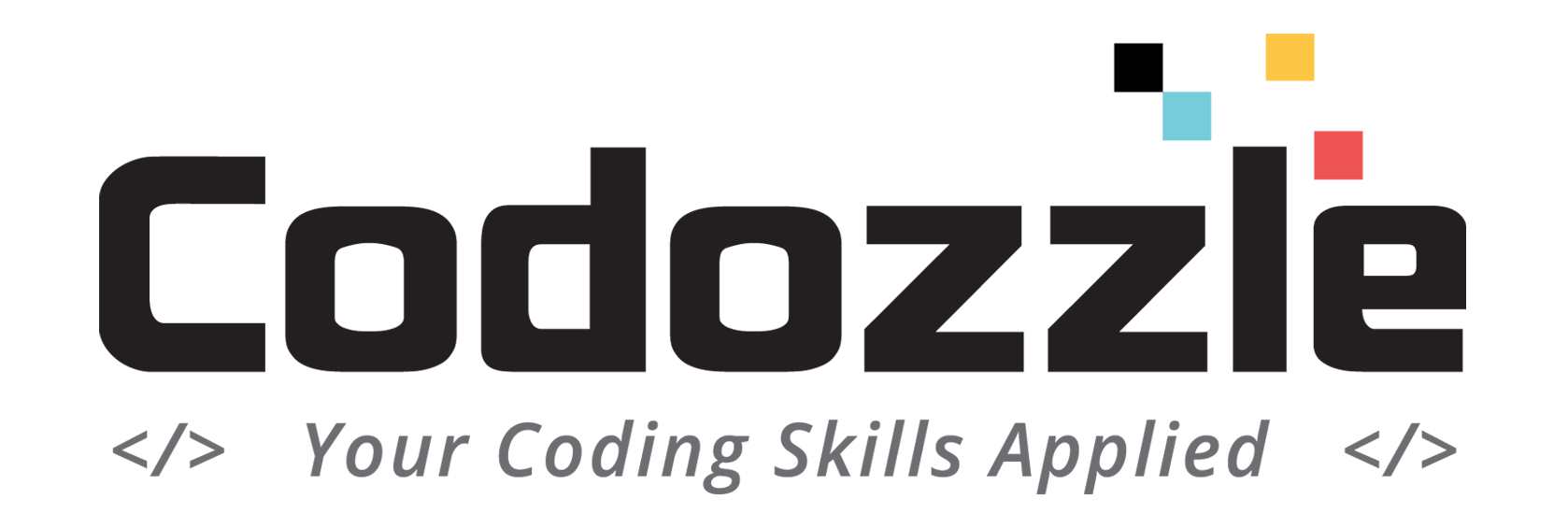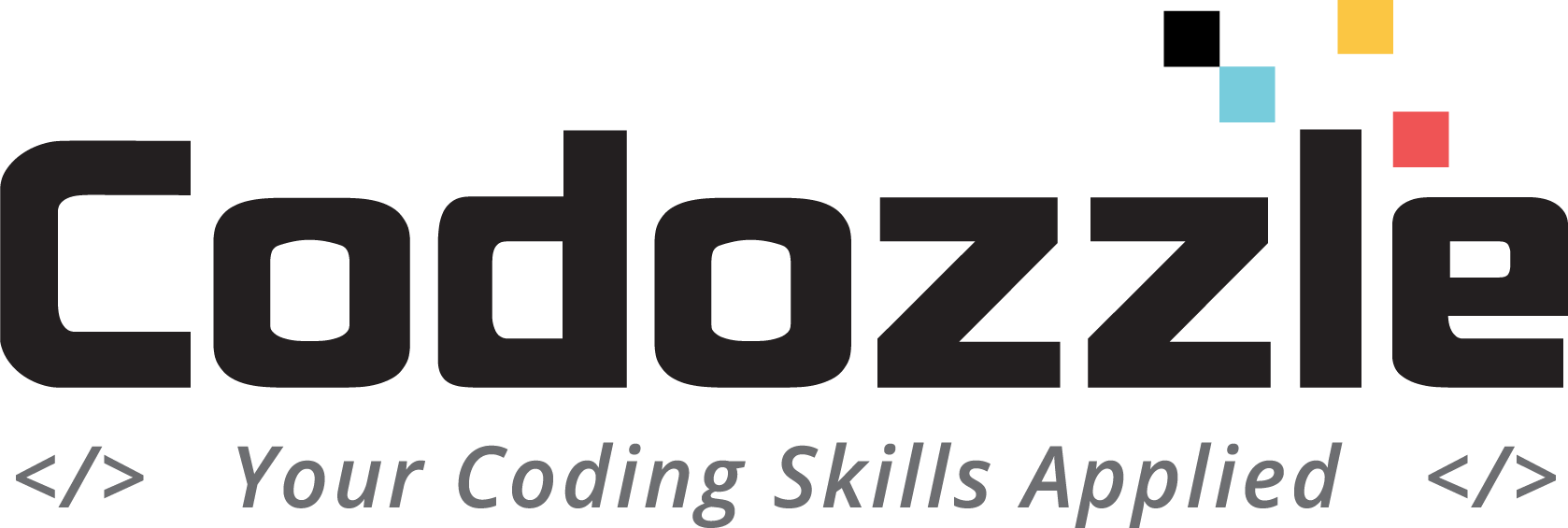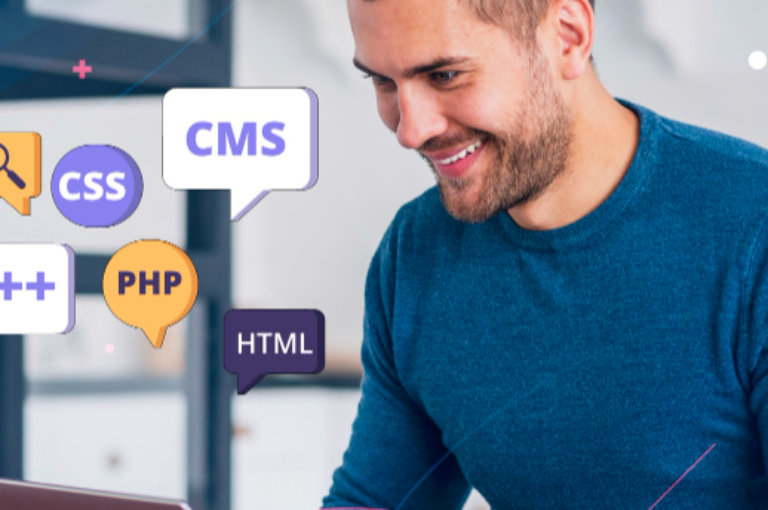Becoming a better developer requires a combination of technical skills, practical experience, and a growth mindset. Here are some tips to help you on your journey to becoming a better developer
Learn continuously: The field of technology is constantly evolving, so it’s important to stay updated with the latest trends, programming languages, frameworks, and tools. Engage in lifelong learning by reading books, taking online courses, following tech blogs, and participating in developer communities.
Focus on fundamentals: Build a strong foundation in computer science fundamentals such as algorithms, data structures, and design patterns. Understanding these core concepts will help you solve complex problems more effectively.
Practice coding regularly: Consistent practice is crucial for improving your coding skills. Set aside dedicated time each day or week to work on coding exercises, personal projects, or contribute to open-source projects. Coding challenges on platforms like Codozzle and other platforms can also help you sharpen your problem-solving abilities.
Seek feedback and collaborate: Don’t be afraid to share your code with others and ask for feedback. Participate in code reviews, pair programming sessions, and join developer communities where you can learn from more experienced developers. Collaborating with others not only helps you improve your code but also exposes you to different perspectives and approaches.
Build projects: Apply your knowledge by working on personal projects. Choose projects that align with your interests and provide opportunities to learn new technologies or solve real-world problems. Building projects allows you to practice your skills, gain practical experience, and showcase your work to potential employers.
Read code written by others: Analyzing code written by experienced developers can expose you to different coding styles, best practices, and architectural patterns. Read open-source projects, explore code repositories on platforms like GitHub, and study the code of popular libraries or frameworks.
Write clean and maintainable code: Strive to write code that is easy to read, understand, and maintain. Follow coding conventions and style guides appropriate for the programming language you’re using. Use meaningful variable and function names, write concise and modular code, and document your code effectively.
Test your code: Writing tests for your code helps ensure its correctness, improves the quality of your software, and enhances your debugging skills. Learn about different testing methodologies, such as unit testing, integration testing, and automated testing frameworks.
Embrace version control: Familiarize yourself with version control systems like Git. Use it to track your code changes, collaborate with others, and revert to previous versions if needed. Understanding branching, merging, and resolving conflicts will be valuable when working on team projects.
Improve problem-solving skills: Being an effective developer involves breaking down complex problems into smaller, manageable parts. Practice problem-solving techniques, algorithmic thinking, and logical reasoning. Solve coding challenges and puzzles to enhance your problem-solving abilities.
Stay curious and explore new technologies: Be open to exploring new technologies, frameworks, and programming languages. Experimenting with different tools expands your skill set and keeps you adaptable in a rapidly evolving tech landscape.
Communicate and collaborate effectively: Developers rarely work in isolation. Improve your communication skills to effectively convey ideas, collaborate with team members, and discuss technical concepts. Strong communication skills are essential for successful teamwork and conveying technical concepts to non-technical stakeholders.
Remember, becoming a better developer is a journey that requires patience and persistence. Focus on continuous learning, practical application, and embracing challenges to enhance your skills over time.
Author : Ramjee Jadu






